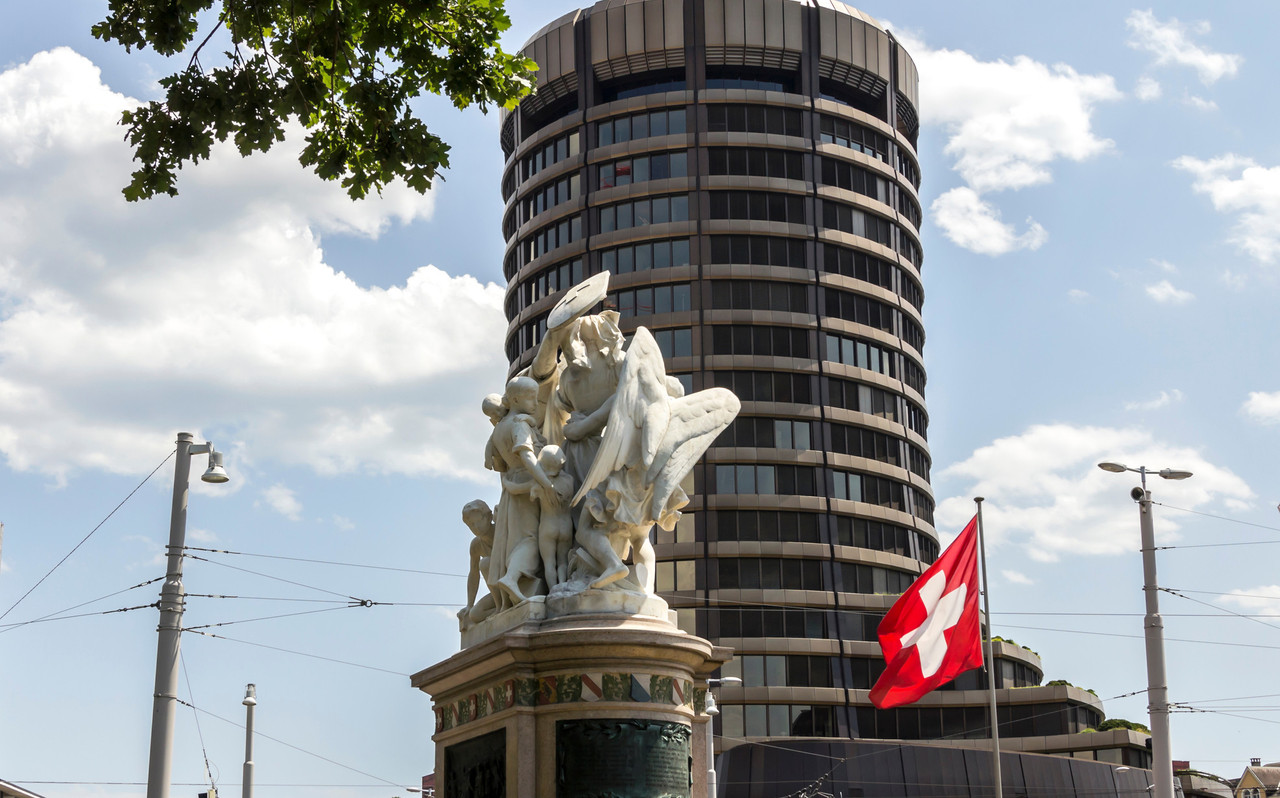At the presentation of its annual report and its annual economic report, Agustín Carstens, the director general of the BIS, called for action and firmness from central banks. For him, the priority should not be to manage a possible landing, but not to let inflation take root while "the risk of stagflation hangs over the world economy". The institution believes that central banks will have to "act decisively" and "without delay" to ensure a return to low and stable inflation.
"Certainly, it would be better to have a soft landing," said Carstens. He added that "even if this is not the case, the priority must be to fight inflation in order to prevent the world economy from moving into a high inflation regime".
Clearly, last week's Fed rate hike--the biggest since 1994--does not appear to be enough to break a "high inflation regime" that BIS's number two, Luiz Pereira da Silva, describes as the most regressive tax possible. It’s a tax that cuts into wages, affects the lives of the poorest, weighs on the purchasing power of wage earners, and prevents people from planning for the future.
A more vulnerable economy today than in the 1970s
The BIS has undertaken the exercise of comparing the inflationary peaks of the 1970s and the resulting stagflation with the current episode of soaring prices. For the BIS experts, today's situation is much more worrying than that of the 1970s: today's economy is much more vulnerable because of the current high level of private and public debt and the Russian war in Ukraine, which is weighing on commodity markets beyond energy alone. All these vulnerabilities make a soft landing difficult.
"If inflation becomes entrenched, the costs of getting it under control will be higher," warns Carstens, for whom "the longer-term benefits of preserving stability for households and businesses outweigh any short-term costs.
This stance will surely be commented on at the European Central Bank's annual forum held from 27 to 29 June in Sintra (Portugal). Christine Lagarde will be accompanied by Federal Reserve Chairman Jerome Powell, Bank of England Governor Andrew Bailey and Carstens. All four will debate on Wednesday afternoon at the end of the seminar.
This story was first published in French on . It has been translated and edited for Delano.
